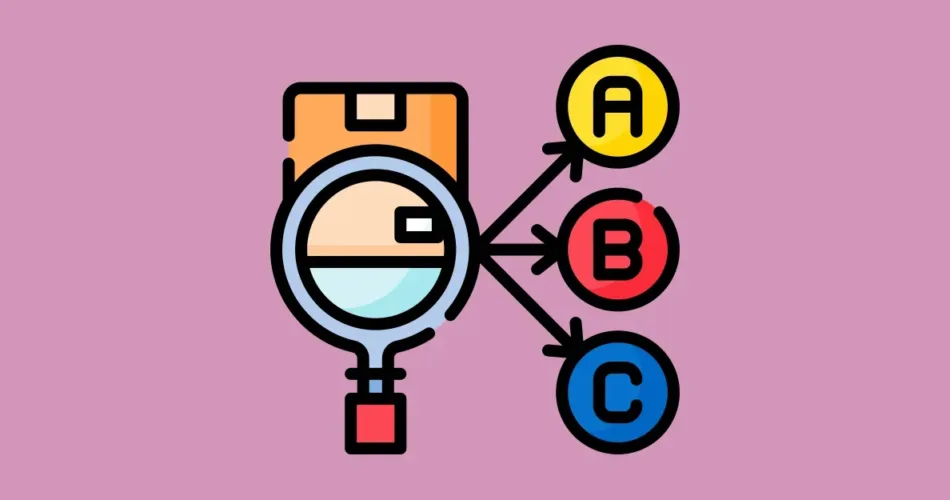String manipulation is a crucial skill for every programmer, allowing you to handle, process, and transform textual data efficiently. In C++, string manipulation capabilities are greatly enhanced by the Standard Template Library (STL), offering a rich set of tools and functions. This comprehensive guide will delve into the art of string manipulation in C++, covering essential techniques, functions, and practical examples. Whether you’re a novice or an experienced developer, by the end of this post, you’ll be well-equipped to wield the power of strings and streamline your coding endeavors.
Understanding String Manipulation in C++
Strings in C++ are sequences of characters enclosed within double quotes. They are a fundamental data type, and mastering their manipulation is crucial for effective programming.
Creating and Initializing Strings
You can create strings using the assignment operator or directly as string literals.
Example: Creating and initializing strings
#include <iostream>
#include <string>
int main() {
std::string greeting = "Hello, ";
std::string name("Alice");
std::string message = greeting + name;
std::cout << message << std::endl;
return 0;
}
Accessing and Modifying Strings
You can access and modify strings using array notation or various member functions.
Example: Accessing and modifying strings
#include <iostream>
#include <string>
int main() {
std::string sentence = "C++ string manipulation";
// Accessing characters
char firstChar = sentence[0];
std::cout << "First character: " << firstChar << std::endl;
// Modifying characters
sentence[4] = '-';
std::cout << "Modified string: " << sentence << std::endl;
return 0;
}
String Operations
The C++ STL provides an array of functions for performing various string operations, including finding substrings, replacing, and concatenating.
Example: String operations
#include <iostream>
#include <string>
int main() {
std::string sentence = "C++ string manipulation";
// Finding substring
size_t index = sentence.find("string");
if (index != std::string::npos) {
std::cout << "Substring found at index: " << index << std::endl;
}
// Replacing substring
sentence.replace(index, 6, "text");
std::cout << "Modified string: " << sentence << std::endl;
return 0;
}
Converting Strings
C++ STL provides functions to convert strings to numeric types and vice versa.
Example: Converting strings
#include <iostream>
#include <string>
int main() {
std::string numStr = "42";
int num = std::stoi(numStr);
double pi = 3.14159;
std::string piStr = std::to_string(pi);
std::cout << "Converted number: " << num << std::endl;
std::cout << "Converted string: " << piStr << std::endl;
return 0;
}
Advanced Techniques for String Manipulation
Regular Expressions:
C++ STL supports regular expressions for powerful pattern matching and manipulation.
Example: Using regular expressions
#include <iostream>
#include <string>
#include <regex>
int main() {
std::string text = "The code is 12345 and the key is 67890.";
std::regex pattern("\\d+");
std::smatch matches;
while (std::regex_search(text, matches, pattern)) {
std::cout << "Match: " << matches[0] << std::endl;
text = matches.suffix();
}
return 0;
}
String Streams:
String streams facilitate conversion between strings and other data types.
Example: Using string streams
#include <iostream>
#include <sstream>
#include <string>
int main() {
std::string input = "42 3.14159 C++";
std::istringstream stream(input);
int num;
double pi;
std::string lang;
stream >> num >> pi >> lang;
std::cout << "Number: " << num << std::endl;
std::cout << "Pi: " << pi << std::endl;
std::cout << "Language: " << lang << std::endl;
return 0;
}
Conclusion
Effective string manipulation is a cornerstone of programming, and in C++, you have a versatile toolkit at your disposal. Whether you’re creating, accessing, modifying, or converting strings, the C++ STL provides a robust set of functions and techniques to simplify your tasks. Mastering string manipulation equips you to efficiently develop applications that handle textual data, resulting in code that is more readable, maintainable, and powerful.
As you continue your journey in C++ programming, remember that strings are more than just sequences of characters—they are a powerful tool for processing and transforming data, making your programs more dynamic and user-friendly.
Subscribe to our email newsletter to get the latest posts delivered right to your email.


Comments